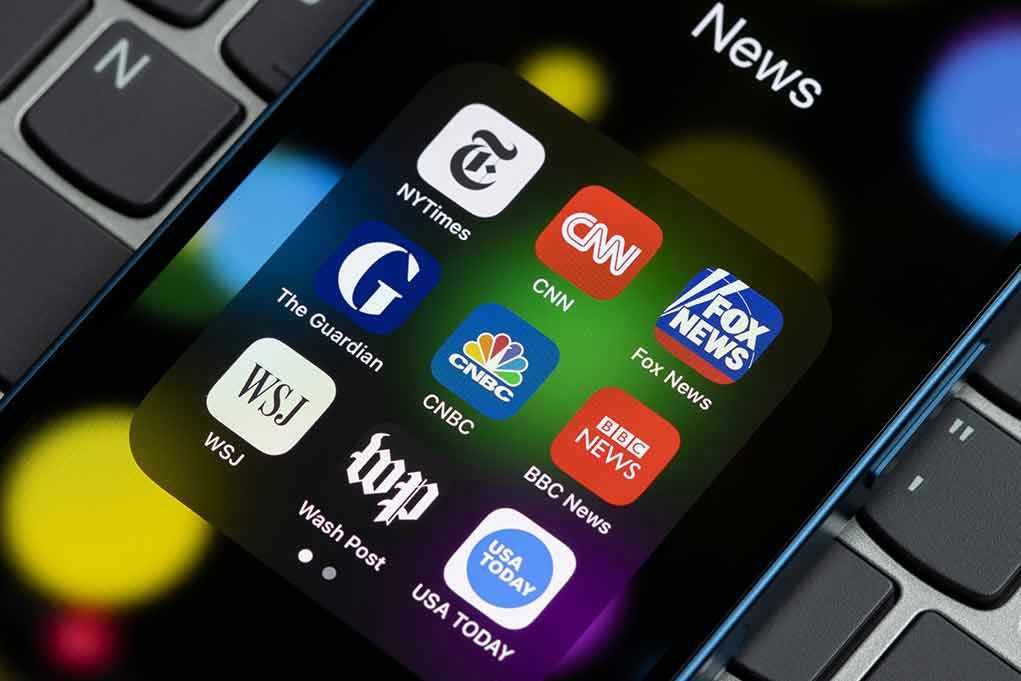
A controversial TV comeback raises questions about media ethics and accountability.
Story Snapshot
- Jussie Smollett returns to TV on FOX after a hate crime hoax conviction.
- His return sparks debate on media responsibilities and celebrity rehabilitation.
- The 2019 incident involved a staged attack claiming racial and political motives.
- Smollett’s case remains a touchpoint in discussions of race, justice, and media bias.
Jussie Smollett’s Controversial Return
Jussie Smollett, convicted for orchestrating a hate crime hoax in 2019, will appear on FOX’s Special Forces: World’s Toughest Test. This marks his first significant TV appearance since the conviction. The show, set to air in fall 2025, places Smollett back in the spotlight, reigniting discussions about accountability and the ethics of giving platform to controversial figures. His return has drawn mixed reactions from the public and media analysts, underlining the complexities of celebrity comebacks in today’s media landscape.
Smollett’s initial claims of a hate crime attack in January 2019 quickly drew national attention. He reported being assaulted by two men who hurled racial and homophobic slurs, poured bleach on him, and placed a noose around his neck, allegedly proclaiming, “This is MAGA country.” However, police investigations soon revealed the attack to be staged, involving the Osundairo brothers, acquaintances of Smollett, whom he paid $3,500 for their involvement. The incident highlighted issues of race, media, and justice, with Smollett becoming a pivotal figure in these ongoing debates.
Legal Proceedings and Conviction
Following the exposure of the hoax, Smollett faced legal consequences. In March 2019, he was indicted on multiple counts of disorderly conduct for filing a false police report. Despite initial charges being dropped, he was re-indicted and found guilty on five of six counts in December 2021. Sentenced to 150 days in jail and 30 months probation, Smollett also had to pay restitution. These legal proceedings were heavily scrutinized by the public and media, with opinions divided between those advocating for justice and others supporting his right to redemption.
Smollett’s case is a prominent example of how media and public perception can shift dramatically. Initially, he garnered widespread support from celebrities and politicians, but as evidence of the hoax surfaced, public sentiment changed. His conviction and subsequent return to television have kept him at the center of discussions about media responsibility and the implications of re-employing controversial figures.
Reactions and Implications
Smollett’s return to television raises significant questions about the entertainment industry’s role in shaping public narratives. FOX’s decision to feature him in a reality show could be seen as a ratings-driven move, capitalizing on controversy to attract viewers. This choice has sparked debates on the normalization of celebrity comebacks post-scandal and the potential impact on public trust in hate crime reporting. Some argue that giving Smollett a platform undermines accountability, while others emphasize the importance of second chances and rehabilitation.
The broader implications of Smollett’s return extend beyond entertainment, touching on social and political discourse. His case remains a touchstone for discussions about race, justice, and media bias, with potential ramifications for how similar cases might be perceived in the future. As the public continues to navigate the complexities of media ethics and celebrity culture, Smollett’s story serves as a reminder of the delicate balance between accountability and redemption.
Sources:
Wikipedia: Jussie Smollett hate crime hoax
WTTW: Timeline of the Jussie Smollett Incident
LA Times: Jussie Smollett case and sentencing
ABC News: Jussie Smollett trial timeline











